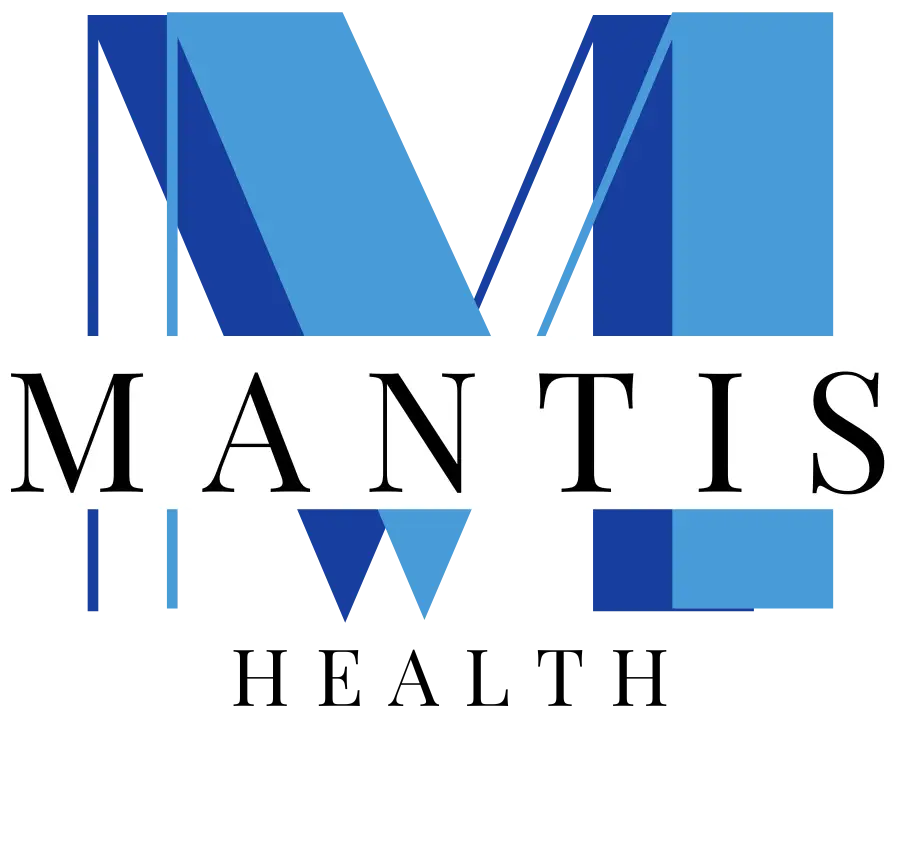

- Informational, Nevada, Nevada - Informational, Nevada - U65
In Nevada, “U65” generally refers to health insurance regulations and requirements for individuals under the age of 65. These regulations play a critical role in ensuring that non-elderly residents have access to essential health coverage. This article provides an in-depth look at the U65 requirements in Nevada, including key components, eligibility criteria, and implications for residents and insurers.
1. Overview of U65 Health Insurance Requirements
U65 health insurance requirements in Nevada are largely shaped by both state and federal laws, including the Affordable Care Act (ACA). The ACA requires individuals under 65 to maintain health insurance that meets specific minimum standards. Nevada has implemented additional measures to ensure residents comply with these requirements and have access to adequate health care.
2. Key Components of U65 Health Insurance Requirements
Minimum Essential Coverage (MEC): U65 individuals in Nevada must have health insurance that qualifies as Minimum Essential Coverage. MEC includes employer-sponsored insurance, individual market policies, Medicaid, Medicare (for those who qualify), and other government-sponsored programs.
Individual Mandate: Nevada has its own individual mandate, requiring all residents, including those under 65, to maintain health insurance coverage. Non-compliance can result in financial penalties, which are enforced through the state tax system.
Essential Health Benefits: Health insurance plans for U65 individuals must cover a set of essential health benefits, such as emergency services, hospitalization, prescription drugs, mental health services, and maternity care.
Preventive Services: Insurers are required to provide certain preventive services at no additional cost to the insured. These services include immunizations, screenings, and counseling.
3. Eligibility Criteria for U65 Health Insurance
Eligibility for U65 health insurance in Nevada is determined by several factors:
Income Level: Subsidies and cost-sharing reductions are available for individuals and families with incomes between 138% and 400% of the federal poverty level (FPL). Medicaid covers individuals with incomes up to 138% of the FPL.
Residency: To qualify for health insurance under the U65 requirements, individuals must be legal residents of Nevada.
Employment Status: Many U65 individuals receive health insurance through their employer. However, those who are self-employed, unemployed, or work for small businesses may need to purchase insurance through Nevada Health Link, the state’s health insurance marketplace.
4. Implications for Residents and Insurers
Residents: The U65 requirements ensure that individuals under 65 have access to comprehensive health coverage. This reduces the risk of financial hardship due to medical expenses and improves overall public health outcomes. Residents must stay informed about their eligibility and the enrollment periods to avoid penalties.
Insurers: Health insurance providers in Nevada must comply with the U65 requirements by offering plans that meet the state’s standards. This includes covering the essential health benefits and providing preventive services without cost-sharing. Insurers must also navigate the complexities of subsidies and cost-sharing reductions for eligible individuals.
5. Enrollment and Assistance
Open Enrollment Period: The open enrollment period is a crucial time for U65 individuals to sign up for health insurance or make changes to their existing plans. Missing this period can result in a lack of coverage and potential penalties.
Special Enrollment Periods: Certain life events, such as marriage, birth of a child, or loss of other coverage, can trigger a special enrollment period, allowing individuals to enroll in or change their health insurance outside the open enrollment period.
Nevada Health Link: Nevada Health Link is the state’s health insurance marketplace, where individuals can compare plans, check for subsidies, and enroll in coverage. The platform provides resources and assistance to help residents navigate the complexities of health insurance.
